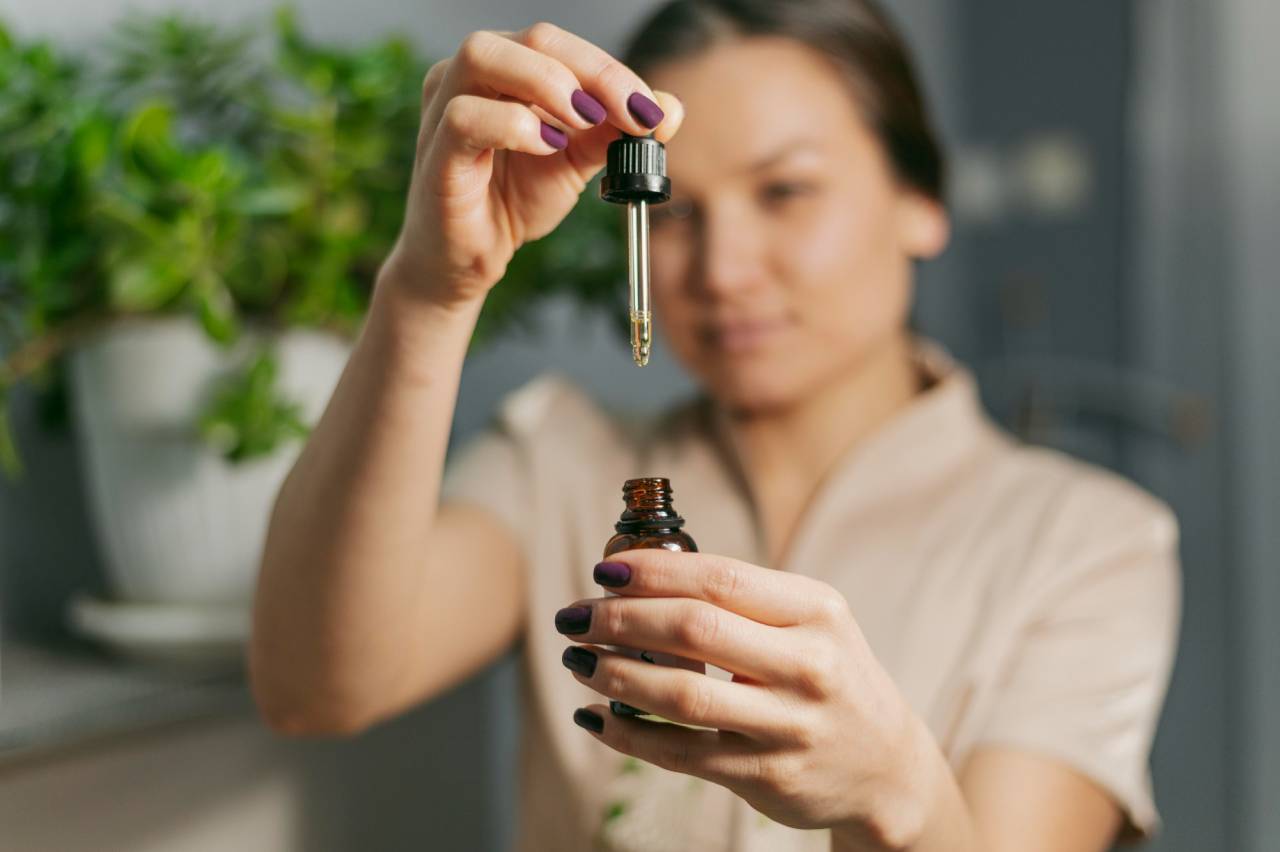With CBD industry getting more and more popular in the US, the legal status of CBD had been a subject of debate. CBD is a natural non-psychoactive compound, derived from the cannabis plant that have recently become very popular because of its potential health benefits. Despite it’s popularity and benefits, the legality of the hemp derived CBD significantly varies across different states. In this article we will focus on the legal status of CBD in different states and what THC content is legal in the States, however, this article is educational and should not be taken as legal advice.
Federal government regulations
The first state to legalise medical use of hemp plant was California in 1996. Now the medical use of cannabis sativa plant is legalised in 40 states. Medical and recreational use of hemp derived CBD has been approved in 24 states and the District of Columbia.
The United States 2018 Farm Bill legalised the cultivation of cannabis plants and its derivatives on a federal level, as long as the hemp products have less than 0.3% THC . This legislation removed CBD from the Controlled Substances Act, which previously classified CBD alongside marijuana and other narcotic substances. However, CBD legality is still a grey area and individual states might ban CBD possession, so check your local laws before purchasing any CBD products.
State laws governing CBD legality
Despite the federal level CBD legalisation, state laws vary when it comes to CBD for medical and recreational purposes. Some states have regulations regarding THC concentration and if CBD is hemp derived. Hemp-derived CBD products with no more than 0.3% THC content is legal on a federal level, some states have stricter laws that only permit product with no psychoactive component THC.
Some states legalised marijuana for medical conditions, and CBD products may only be legal for people who have a medical cannabis license. Some states have fully decriminalised CBD market for medical and recreational use, allowing people use and possess CBD with no penalties.
Navigating CBD Legality
Before you buy any CBD products, check local regulations and CBD laws. Before purchasing any CBD products, it is crucial to understand local laws and any potential risks associated with CBD possession. If you choose to use CBD, always choose high-quality, hemp-derived CBD products with 3rd party testing from reputable manufacturers that confirm that the product contains no more 0.3% THC. If you choose to use CBD for medical purposes, consult with a healthcare provider, check local laws and get a medical cannabis license to comply with laws.
What is the difference between hemp and marijuana?
It is important to know the difference between hemp and marijuana to know if a CBD product is legal in your state or not. Both hemp and marijuana come from cannabis sativa plants, but they have different cannabinoid profiles and different effects on people.
Hemp plant is rich in CBD and have an low THC content (less than 0.3% THC) and is legal to consume for medical and recreational use according to 2018 farm bill and was removed from the controlled substances act as Schedule I drug.
This means that to comply with CBD laws, all CBD product must be from cannabis sativa plants and must be hemp-derived with no more than 0.3% THC. Marijuana also has CBD, but also have a much higher THC content. THC is the primary psychoactive ingredient that gives the ‘high’ feeling. In some states, marijuana is legal to use within that jurisdiction, in some states it is decriminalised and legal to use if you have a medical cannabis license.
States with no restrictions on CBD:
- Alabama
- Alaska
- Arizona
- California
- Colorado
- Connecticut
- District of Columbia
- Illinois
- Maine
- Massachusetts
- Montana
- Nevada
- New York
- Oregon
- Vermont
- Virginia
- Washington
States with CBD restrictions:
The states below consider CBD conditionally legal. It is either legal to possess if CBD has no more than 0.3% THC, or you have to have a medical cannabis license to use CBD products like a hemp-derived CBD oil.
- Alabama
- Arkansas
- Delaware
- Florida
- Georgia
- Hawaii
- Indiana
- Iowa
- Kansas
- Kentucky
- Louisiana
- Maryland
- Minnesota
- Mississippi
- Missouri
- New Hampshire
- New Mexico
- North Carolina
- North Dakota
- Ohio
- Oklahoma
- Pennsylvania
- Rhode Island
- South Carolina
- South Dakota
- Tennessee
- Texas
- Utah
- West Virginia
- Wisconsin
- Wyoming
States where CBD is illegal:
Idaho
According to state law, hemp derived CBD have to meet certain conditions to be legal. It must not contain any THC, and it has to be classified as ‘not marijuana’ is order to be legal. Before purchasing any products check the local laws to make sure that the product fully complies with state laws.
Nebraska
Technically CBD is not legal in Nebraska, but hemp-derived CBD products were decriminalised by the government. Any products like a hemp derived CBD oil, must not contain more than 0.3 THC content and follow specific manufacturing and testing rules.
Disclaimer
This article is intended for educational purposes only and should not be considered legal advice. The CBD legality vary between different jurisdictions, so before purchasing any CBD products, check you local CBD laws to ensure full compliance. If you are unsure about the current regulations, consider seeking legal advice from a legal expert in your region to avoid any legal issues.

 Free shipping on all orders over $60
Free shipping on all orders over $60 


